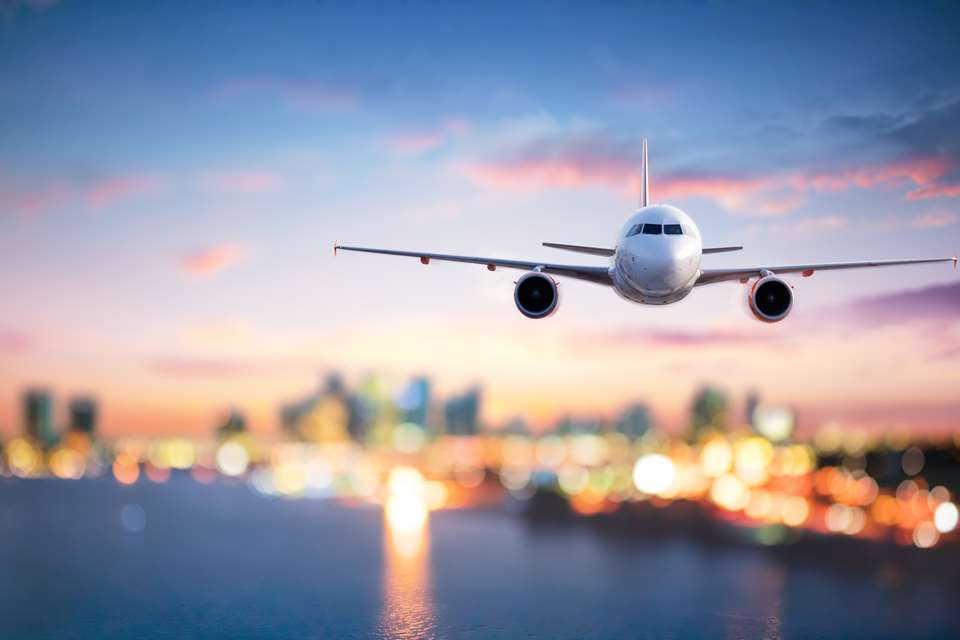How orchestras build reputations by touring
Simon Mundy
Thursday, September 12, 2019
Touring an orchestra has long been regarded as an important part of cultural diplomacy and brand building

Register now to continue reading
Don’t miss out on our dedicated coverage of the classical music world. Register today to enjoy the following benefits:
- Unlimited access to news pages
- Free weekly email newsletter
- Free access to two subscriber-only articles per month
